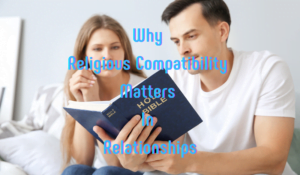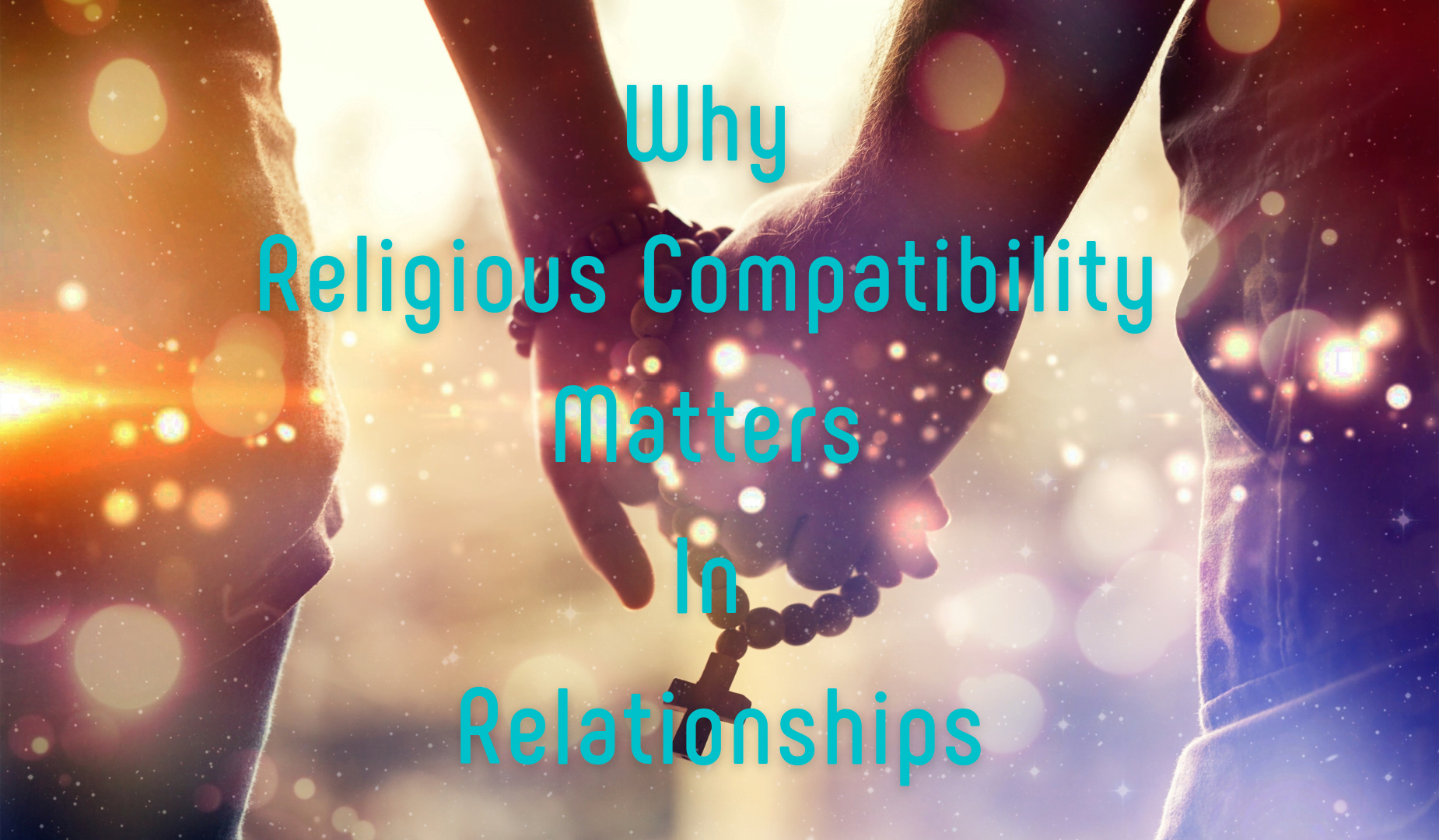Falling in love can initiate a relationship, but what fans the flame to keep the love burning is compatibility. Compatibility isn’t just having shared interests, hobbies, likes, and dislikes, but it’s also understanding each other’s life goals and philosophy.
Many people’s philosophy and beliefs in life come from the way they’ve been brought up, traditions, culture, religious practices norms, and so on. People assume that falling out of love is the main reason for separations, but incompatibility usually plays a more significant role.
The things that are at the core of your beliefs, especially religious beliefs, matter to you, which is probably the reason you act, dress, practice, and observe the things you do.
When you and your partner are religiously compatible, you’ll agree on most core factors that dictate how you make decisions in your lives together. This article focuses on religious compatibility and how and why it matters in relationships.
Look at these five reasons why religious compatibility matters in relationships:
-
Drawing Strength From A Shared Belief
A couple that has matched religion can draw strength from resources that wouldn’t exist in the absence of a religious bond in times of conflict and strain.
This means that your relationship needs to start in an environment of shared religious beliefs. If you want to find catholic singles or singles from another religion, you need to look in places where you can find them, such as your nearby church.
You can as well apply for religious programs and participate in religious studies among groups, where you will not only have the opportunity to share your experience but will as well find those who think the same as you. If you are practicing Christianity, you can participate in Christian group studies. In many churches, there is also a curriculum for youth ministry, which not only helps make the studies more organized but also contains interactive study materials.
For example, when you both believe in prayer, choosing to pause an argument and seek help to find a solution in prayer is a path you can take. This will calm down ranging tempers and connect you to the same source of strength.
Having a similar and a solid religious base tend to have a higher sense of purpose for their relationship that’s beyond interests, hobbies, and procreating if they choose to have children. Simply speaking, shared religious beliefs will help you to comfortably bring up religion and religious solutions in your daily lives. This is something that may be challenging to other couples with conflicting beliefs.

-
Easier Navigation Of Religious Tension
A household with diverse religious beliefs and views may find it harder to discuss religious issues more often. Sharing your religious beliefs with a partner who’s not of your faith can create a lot of tension and stress, too.
This is because you may want to do things your way while your partner has a varied opinion from yours. However, when both of you are reading from the same script, Torah, Bible, Koran, etc., coming up with matching decisions becomes far much easier.
Religion is a big issue that’s deep-rooted within one’s self and it’s quite personal. When two people can’t agree on their religious values and beliefs, the foundation of a relationship can crack and cause a rift between the couple. That’s not to say that mixed-faith relationships are doomed to fail; it’s only that their faith can be a source of constant conflicts and tension within the family.
-
Same Child-Rearing Values
When a couple decides to get children, their religion has a direct influence on their parenting. Parents often feel the need to instill their religious beliefs in their children.
Parenting practices, such as discipline, how fathers relate with their daughters or mothers with their sons, allowing children to participate in certain activities at school or community, bringing up boys versus girls, dress code, and so forth.
While some child-rearing practices come from how your parents brought you up, religion also plays a significant role in those practices. These are things that require a united front to create a standard practice for the family. However, if these practices come from two diverse points of view, finding a clear balance is very challenging.
When children see these conflicts, they may feel like they have to choose one side over the other. It may even lead to their disengagement from either religion and depart from the faith and religious practices altogether. This makes religious compatibility an essential factor in relationships–for the sake of a more unified family in following through with religious practices and traditions.
-
Dealing With The Extended Family
Whether a couple likes it or not, they come from other families that sometimes influence their decisions. Religious compatibility makes it easier to deal with in-laws and other members of the extended family. This is mostly in practices involving infant baptism and taking religious classes for confirmation into the faith for Catholics or ceremonial circumcision for Jewish boys.
Being on the same page on these issues reduces family conflicts. Also, observance of these practices is more straightforward. Activities involving family members of a different religion can be challenging, especially if they’ve never accepted your faith or that of your partner.
-
Lesser Insecurities
Religious incompatibility can raise quite a number of insecurities in relationships. First, partners may be constantly worried that they’ll lose their partners to a person they share a common faith with. Also, they may fear losing them to their religions. In times of religious conflicts and tension, a person can immerse themselves in their religious services, causing their partner to feel left out and insecure.
Spending more time away from the families can create a rift between couples. But when you’re compatible, you become that partner they take to religious services and religious events. Other insecurities can come from family members who would want their kin to be with someone who matches their religion. There’s also the insecurity of losing your children to your partner’s religion and beliefs or losing touch with faith completely.
Final Thoughts
In relationships, matching your religious beliefs and practices is essential and creates a common ground to make important family decisions. It creates support pillars to lean into when issues regarding how to deal with your relationship arise. It also eliminates many conflicts and helps establish what values matter more in a family, bring up children, and eliminate some relationship insecurities.
Ultimately, if religion is important to you, then religious compatibility should matter in your relationship. This is because it creates a foundation for a stronger relationship based on shared values, practices, and religious stand.
